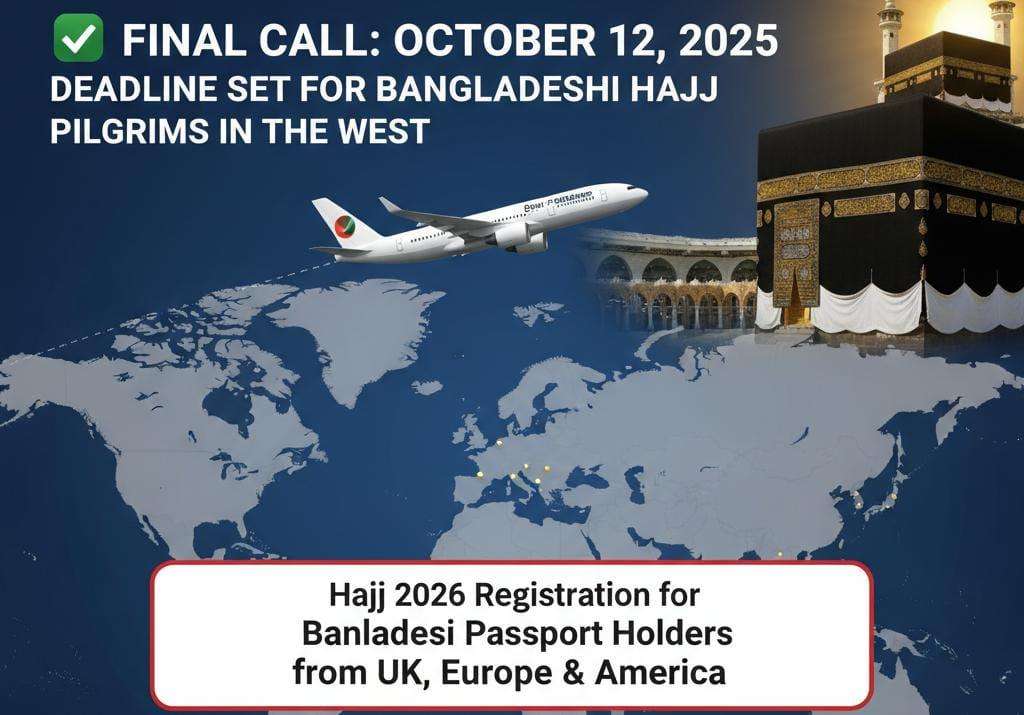Over the past few decades, Bangladesh’s ready-made garment (RMG) industry has established itself as one of the key drivers of the national economy. Competing in global markets has positioned Bangladesh as a strong contender. However, in recent times, new challenges and threats have emerged for the country’s RMG sector. One significant concern among these challenges is the conspiracy by neighboring countries, which could hinder the progress of Bangladesh’s garment industry.
In 2018, Bangladesh accounted for 60% of Asia’s apparel exports and 33% of the European market. Projections suggest that this share in the European market may decline in the future. Consequently, with China’s export potential being limited, Bangladesh is poised to strengthen its position. Yet, some neighboring countries are believed to be engaging in various schemes to disrupt this potential. Notably, Vietnam and India are increasing their export capabilities and entering into fierce competition with Bangladesh to capture market share.
Conspiracies by Neighboring Countries: Strategies for Capturing Market Share Bangladesh currently controls a significant share of the global apparel market, a fact that neighboring countries like India and Vietnam find challenging. These countries are continuously attempting to capture portions of Bangladesh’s market share through various strategies aimed at exploiting vulnerabilities within the sector.
Numerous content creators and influential figures on social media have been discussing this issue, highlighting labor unrest, political instability, and law-and-order concerns in Bangladesh, portraying a negative image. For instance, some Indian social media narratives depict Bangladesh’s labor unrest and political instability as opportunities for India’s garment industry. They openly assert that labor unrest and order cancellations in Bangladesh could be advantageous for Indian apparel exporters.
Vietnam’s Strategy: Free Trade Agreements and Market Domination Vietnam has already signed a Free Trade Agreement (FTA) with the European Union, which will remove tariffs on its products after 2027. This agreement grants Vietnam a significant advantage in the European market. On the other hand, if Bangladesh graduates from the Least Developed Country (LDC) status in 2026, its duty-free benefits in the European market will continue only until 2029, after which a 10% tariff will be imposed. Vietnam is leveraging this situation to draw a substantial portion of the European market towards itself.
There is a clear strategy in place where Vietnam aims to push Bangladesh out of the European market. Diplomatic efforts are also underway to maximize this influence. To benefit from the EU’s GSP Plus facility, compliance with 27 international conventions is required. The challenge for Bangladesh is not just fulfilling these conditions but also countering Vietnam’s influence, which could seek to exclude Bangladesh from the benefits.
Market Share Battle with China and Indian Propaganda In 2011, China’s market share in the EU was 30%, which has now dropped to 20%. Bangladesh has been able to capture a significant part of this lost market. Recently, however, China’s share in the U.S. market has declined from 40% to below 30%. This situation has intensified the competition for market share between Bangladesh, China, and India.
Indian media and social networks have been active in disseminating videos and posts that highlight potential opportunities to capture Bangladesh’s market share. This propaganda may shape international buyers’ perceptions negatively towards Bangladesh’s RMG sector, providing India with an advantage.
Exploiting Political Instability and Labor Unrest Labor unrest has emerged as a significant challenge for Bangladesh’s garment sector. Recently, there has been a 10% decline in foreign orders, and several buyers have postponed or canceled their visits. The widespread labor unrest and deteriorating law-and-order situation are being exploited by neighboring countries to further their own interests.
Major General Muhammad Mo. Moin Khan, the General Officer Commanding of the 9th Infantry Division, recently mentioned during a discussion that external provocations were a primary factor behind the unrest. The disputes over workers’ demands and conflicts related to the jhoot (fabric scraps) trade could potentially be influenced by neighboring countries.
Bangladesh Must Stay Vigilant Against Conspiracies The RMG industry is crucial not only for Bangladesh’s economy but also for the livelihoods of millions. To address political instability, labor unrest, and unfavorable international market conditions, the government and relevant authorities should adopt a long-term strategic plan. Combating the conspiracies and tactics of neighboring countries requires awareness and proactive measures to safeguard Bangladesh’s interests.
--
Author: AKM Sayedad Hossain,
Director: National Institute of Strategic Strategies








.svg)
